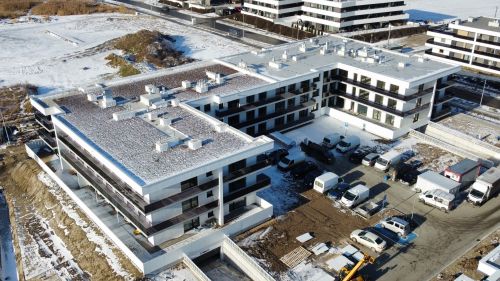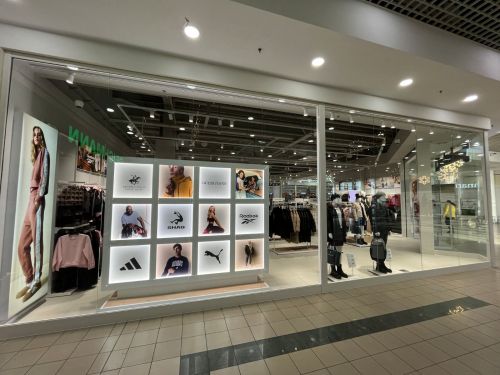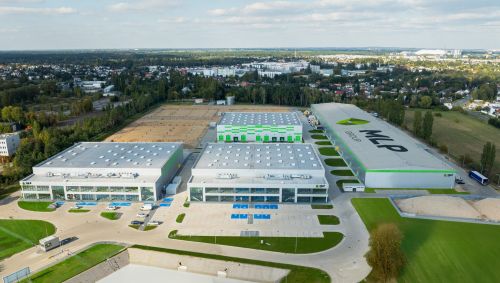The last few years have been a time of rapid expansion for the flexible office segment. Operators such as WeWork, IWG with its Regus and Spaces brand, Brain Embassy, New Work, Business Link and many other smaller providers have experienced fivefold growth on the Warsaw market over the last five years. According to Savills, there was around 40,000 sqm of flexible space in the city five years ago, but it is projected that by the end of this year this will have shot up to close to 209,000 sqm. “The rate of the growth in flexible office space has been impressive in the 2015–2020 period, but the growth rate for 2021 is going to be relatively small,” predicts Jarosław Pilch, the office tenant representation director at Savills. In 2020 the growth in such space in Warsaw could be around 23 pct (compared to an average for the last five years of 40 pct), but in 2021 the growth rate is expected to come to barely 8.5 pct.
Slamming on the brakes
Most leasing contracts were

























































